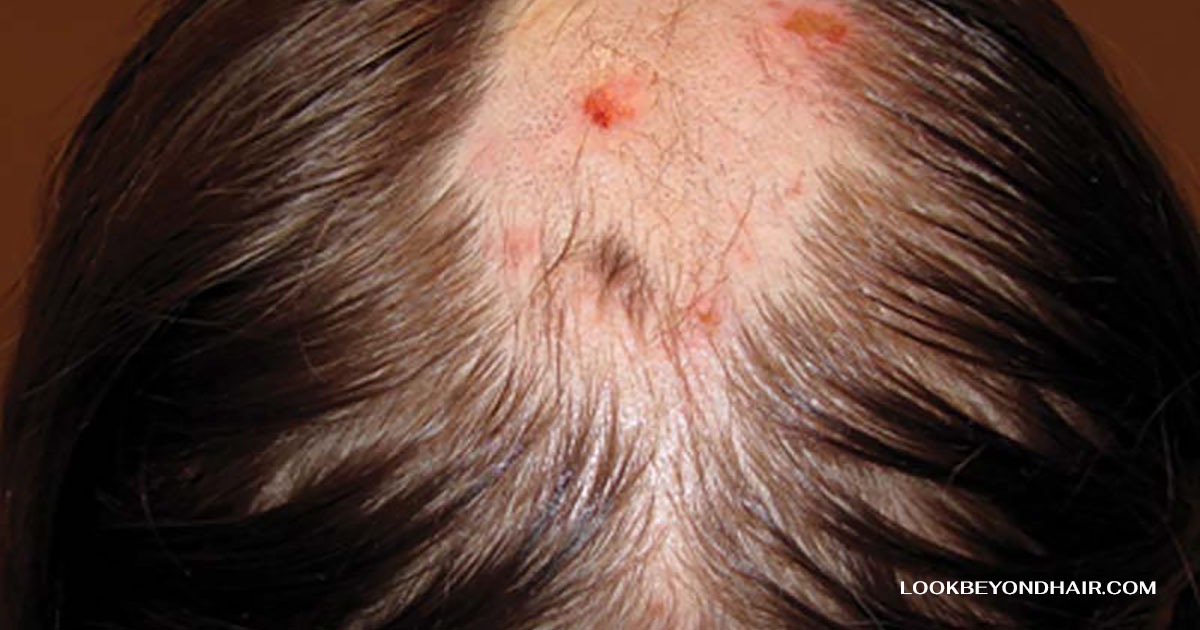
Welcome to today’s blog, Look Beyond Beauty, where we delve into the essence of beauty that radiates from within. Our mission is to continue to guide you in living a wholesome, balanced life through the harmonious blend of beauty and nutrition. In this blog, we’ll explore the enigmatic condition of Trichotillomania, shedding light on what it is, who it affects, and offering tips on prevention and nutrition. Let’s embark on this journey of empathy and care.
What is Trichotillomania?
Trichotillomania, often referred to as “Trich,” is a complex psychological disorder. It’s characterized by an irresistible urge to pull out one’s hair, leading to noticeable hair loss. This isn’t just a bad habit; it’s a compulsive behavior rooted in emotions. For many, this condition becomes a means of coping with negative or uncomfortable feelings, such as stress, anxiety, boredom, and loneliness.
Who Does Trichotillomania Affect the Most?
Trichotillomania doesn’t discriminate; it can affect individuals of all ages and backgrounds. However, it’s more common in adolescents and young adults. Research suggests that it may involve more females than males. But remember, anyone can be susceptible to this condition. Recognizing the signs and offering support to those who need it is essential.
Tips for Prevention
- Mindfulness and Stress Management. One essential approach to preventing pulling out one’s hair is practicing mindfulness and stress management techniques. Learning to identify and cope with stress, anxiety, and other negative emotions can be a crucial step in reducing the urge to pull hair.
- Healthy Distractions. Healthy distractions can help redirect the urge to pull hair. Encourage individuals to find activities they enjoy, like art, exercise, or playing a musical instrument, to keep their hands and minds occupied positively.
- Supportive Environment. Creating a supportive and understanding environment is vital. Ensure that friends and family are aware of the condition and can offer encouragement without judgment. Seeking professional help is also essential when necessary.
Nutrition Tips
- Balanced Diet. A balanced diet that includes a variety of nutrient-rich foods can positively impact mental health. Encourage the consumption of fruits, vegetables, whole grains, lean proteins, and healthy fats to support emotional well-being.
- Hydration. Proper hydration is often overlooked but plays a crucial role in mood regulation. Encourage adequate water intake to help individuals maintain emotional balance.
- Omega-3 Fatty Acids. Foods rich in omega-3 fatty acids, such as fatty fish (salmon, mackerel, sardines), flaxseeds, and walnuts, can support brain health and emotional stability.
This blog offers a glimpse into the world of Trichotillomania, its implications, and how it can be managed through prevention and nutrition tips. We’ve just scratched the surface of this topic, but there’s much more to explore. Join us in future blogs as we dive deeper into the world of inner beauty, emotional well-being, and holistic living. Stay connected with us to learn more about nurturing your inner radiance.
Sincerely,
Marcey 💖 XOXO
DISCLAIMER: The content in this blog is for informational purposes only. And not intended to diagnose, treat, cure, or prevent any medical condition or replace your healthcare professional’s advice and guidance. If you suspect a medical condition, please seek medical attention immediately.
You may also enjoy reading: Embrace Your Unique Beauty Using Healthy Self-Comparison To Blossom
